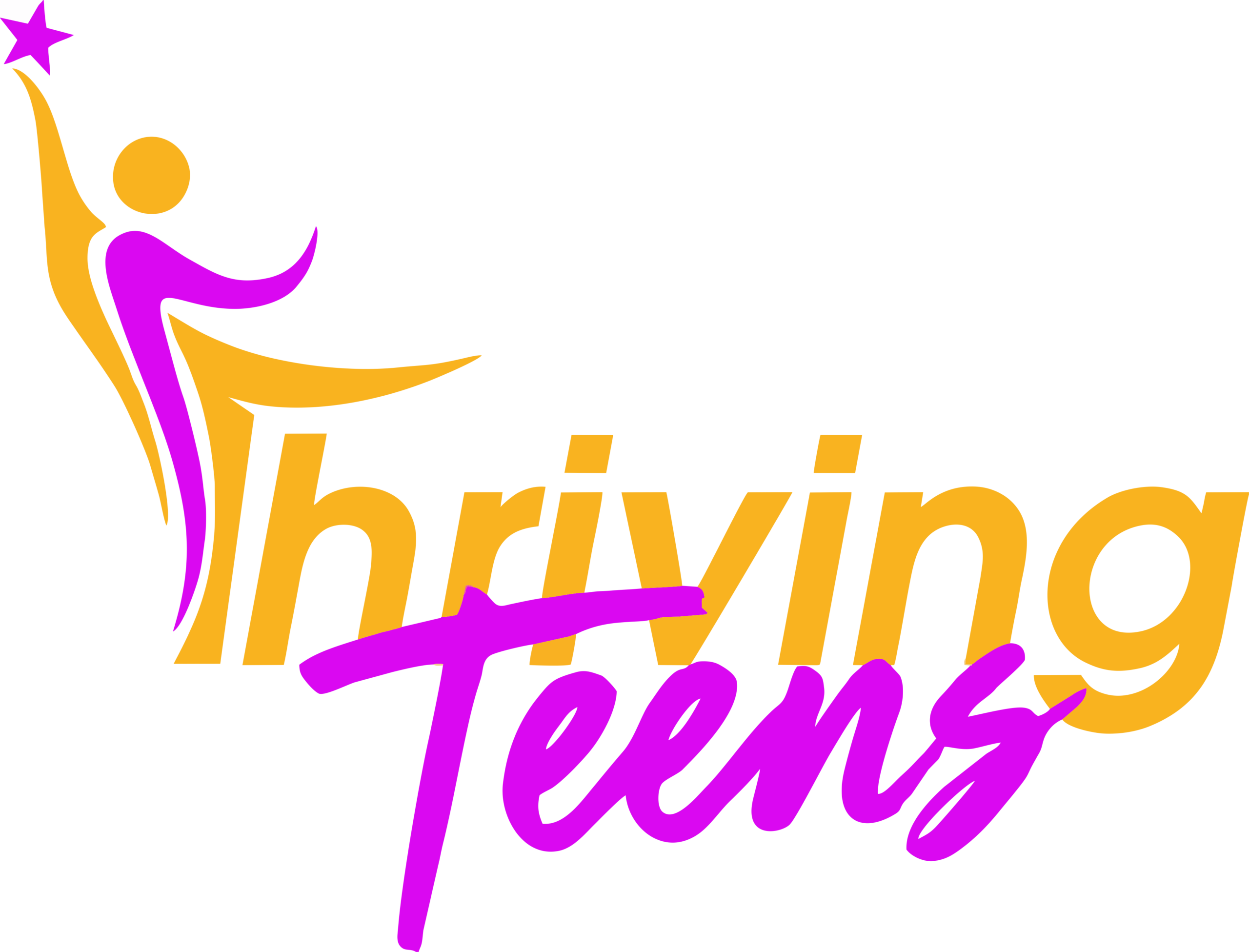A teenager may change their behaviour in order to be accepted or to fit in within a group of peers or friends. They seek to have a sense of belonging. When they choose to do something they would not otherwise do because they seek validation and acceptance from their friends, this is called peer influence. It does not have to be something done against their will.
This “peer pressure” can work for or against teenagers, meaning it can have a positive or negative influence. For example, if engaging in risky behaviour like smoking, or stealing or engaging in unprotected sex with multiple partners makes them more popular and gives them a ‘bad-boy image’, they will be willing to bite the bullet. This is a negative influence.
Positive influence may be encouragement from friends to try new activities like sports and other extracurricular activities instead of being locked indoors all day in front of a computer screen. This improves their social skills, physical and mental health.
Teenagers under peer pressure might listen to the same music, wear the same clothes, speak the same language, date within their circle and do risky things and break rules.
If a teenager is happy with who they are and their choices and values, they are less likely to be influenced by other people. If we understand this about them, we can focus interventions that capitalise the upside and reduce the harm associated with the risky behaviour that is more or less part of adolescent self. The influence of a caring adult is the biggest factor that will help shape their values and long-term choices. Providing them with information about what is happening to them developmentally may also help them regulate both their extreme self-consciousness and propensity to take dangerous risks.
To better cope with peer pressure, teenagers have to strike a balance between being themselves and fitting in with the group. Saying no to peer pressure will equip them to stand strong when the offer to do wrong is less obvious or more direct than what was expected.
Some ways to help a teen manage peer pressure is to build their confidence by encouraging them to try new things, praising their efforts and being a role model. Self-compassion means the teen is kind to themselves and others. Talk to the teen. Keep the communication lines open. If they do get into a sticky situation, have them call you for backup.
Adults should strive to build a strong relationship with the teenagers during their earlier years. The adult’s job is to coach them to use language and phrases that they can come up with themselves to resist peer pressure to indulge in drugs and alcohol or sex.
Negative peer pressure results in changes in a teens’ behaviour like aggression, moodiness, insomnia, social withdrawal, suicidal thoughts, hopelessness, over-eating and/or loss of appetite.


